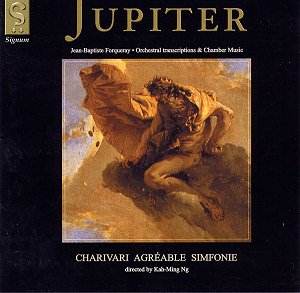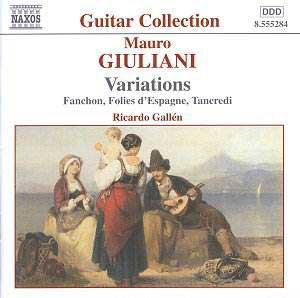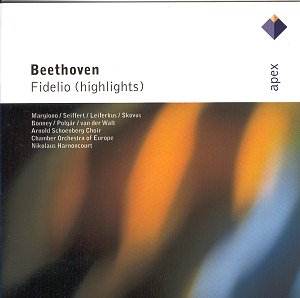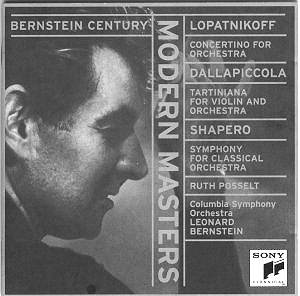 Composer: Jean-Baptiste Antoine Forqueray
Composer: Jean-Baptiste Antoine Forqueray
Works: Jupiter; Premier Divertissement; Deuxième Divertissement; Troisième Divertissement; Quatrième Divertissement; Charivari Agréable; Simfonie
Performers: Period-Instrument Orchestra of Oxford, directed by Kah-Ming Ng
Recording: 3-5 October 1998, St Andrew’s Church, Toddington, Gloucestershire
Label: SIGNUM
Jean-Baptiste Antoine Forqueray, a luminary of the French Baroque, stands as a pivotal figure in the development of viol music in the 18th century. His works, which resonate with the vibrancy of the French musical tradition, are imbued with a rich tapestry of influences, from the folk melodies of his homeland to the intricate polyphony of the French court. The recording titled “Jupiter” offers an intriguing collection of orchestral transcriptions and chamber music extracts from his Pièces de Viole, allowing listeners to explore the multifaceted nature of Forqueray’s genius in a format that transcends the solo viol and continuo for which many of these pieces were originally composed.
The performance by the Period-Instrument Orchestra of Oxford, under the capable direction of Kah-Ming Ng, highlights the nuanced interplay of the ensemble, which ranges from three to seven instruments. The arrangements are thoughtfully crafted, with Ng and violist Susanne Heinrich taking care to preserve the delicate textures and harmonic richness inherent in Forqueray’s music. Particularly notable is “La Silva,” where the viol’s sound evokes the poignancy of an Irish lament, a moment that resonates deeply with the listener, akin to the soulful strains of O’Carolan’s “Farewell to Music.” This piece exemplifies the ensemble’s ability to balance the energetic with the lugubrious, creating an emotional landscape that is both dynamic and reflective.
Technical aspects of the performance are commendable, with each instrument contributing to a cohesive sound. The recording itself is characterized by a forward balance, which suits the intimate nature of the pieces. In “Charivari Agréable,” the playful dissonances that arise throughout the movements are articulated with precision, showcasing the ensemble’s adeptness in navigating the complexities of Forqueray’s rhythms. However, there are moments where the astringency of the pardessus de viole may be overly pronounced, at times drawing attention away from the overall harmonic dialogue. A more restrained instrumentation in certain passages, such as the first movement of the fourth Divertissement, might enhance the clarity of the melodic lines, allowing the solo viol to shine.
The recording is of high quality, capturing the warmth and depth of the ensemble’s sound. The engineering supports the acoustic of St Andrew’s Church, creating an inviting auditory space that complements the music’s intimate character. Historical context is well-represented in the accompanying booklet notes, which delve into Forqueray’s turbulent familial relationships and the consequent impact on his compositional output. Such insights enhance the listening experience, providing a deeper understanding of the emotional undercurrents present in the music.
Forqueray’s compositions are a delightful blend of charm and technical challenge, demanding both expressive depth and precision from the performers. This recording stands as a valuable addition to the discography of French Baroque music, illuminating the lineage of 18th-century styles that would eventually permeate later compositions by figures such as Poulenc and Milhaud. While there are moments that may benefit from a more streamlined approach to instrumentation, the overall interpretation is engaging and musically satisfying.
This recording is recommended for aficionados of Baroque music and those seeking to deepen their appreciation of the viol’s repertoire. The ensemble’s innovative readings breathe new life into Forqueray’s works, making them accessible to both seasoned listeners and newcomers alike.



